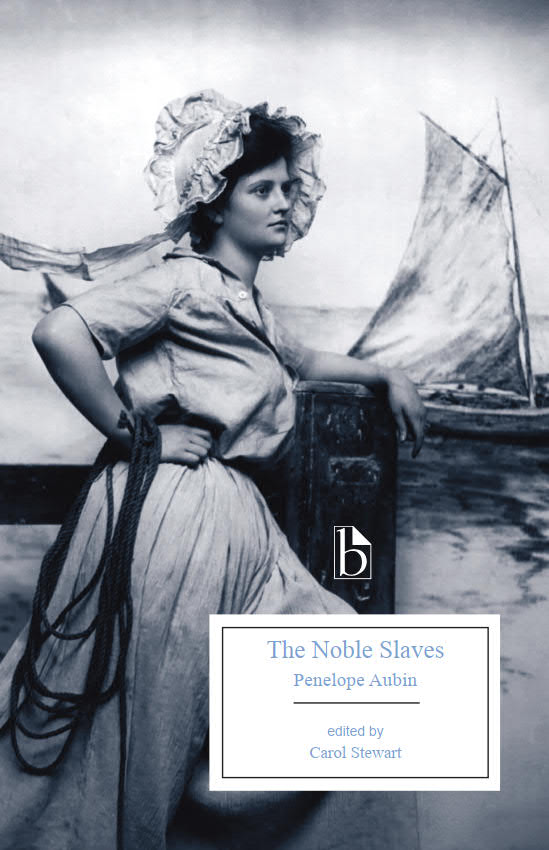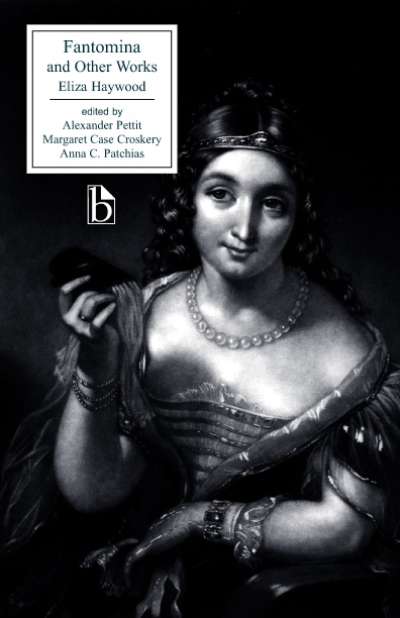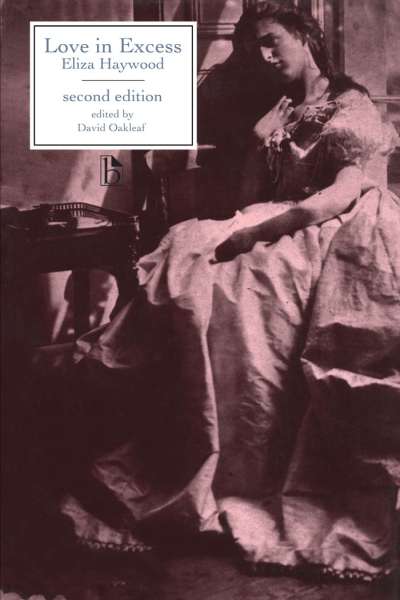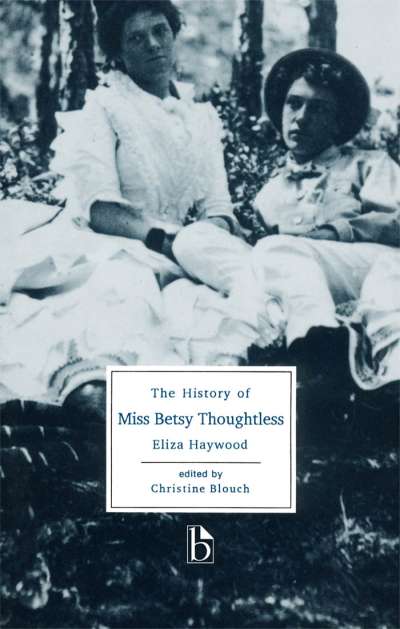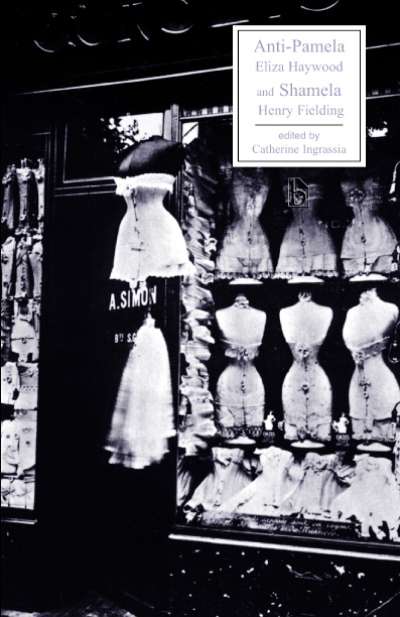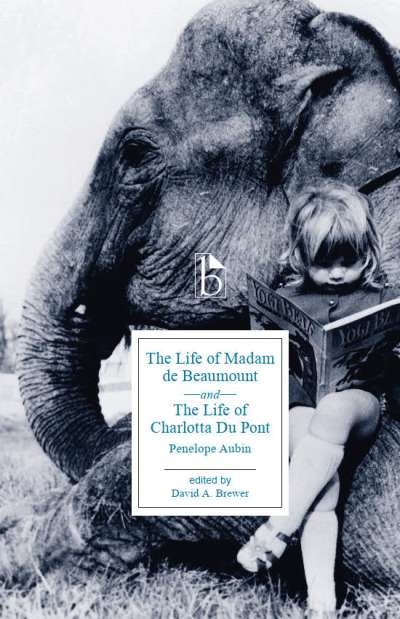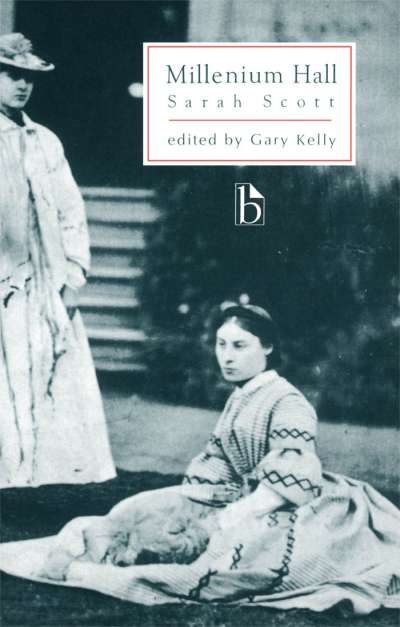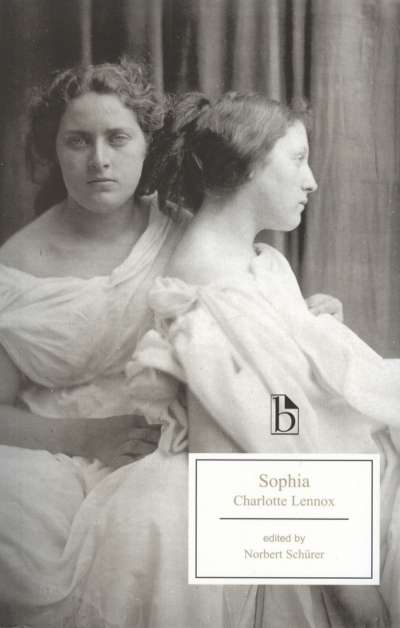This is the first ever critical edition of Penelope Aubin’s The Noble Slaves, a novel that shows women as both moral exemplars and independent adventurers in foreign lands. Its tales of seduction, imprisonment, and escape engage with contemporary debates about arbitrary authority and slavery—particularly in relation to the lives of women. In one brief and fast-paced novel, Aubin brings together the aristocratic romance and the world of trade with the themes of empire and colonialism. Sometimes assessed as a pious conservative or a popular sensationalist, Aubin used fiction as a vehicle for addressing the deepest moral and political concerns of her time, and The Noble Slaves will allow new readers to understand her importance to the history of the novel.
The appendices to this Broadview Edition include contemporary fiction and historical documents on slavery, piracy, and Orientalism.
Comments
“This new edition of The Noble Slaves is very welcome to those of us who teach eighteenth-century fiction, as it makes it possible to offer a richer view of the early development of novels in the period. Penelope Aubin was one of the three most productive novelists of the 1720s, and this edition of her most reprinted novel will help us to give students a fuller picture of that crucial decade in the history of that genre. Students will find the annotations helpful in working through the text, and the introduction and appendices provide important context, both piratical and political, for Aubin’s work.” — Marta Kvande, Texas Tech University
“Penelope Aubin is increasingly recognized as one of the most important women writers and cultural mediators of the early decades of the eighteenth century. Far from the pious lady writer presented in both eighteenth- and nineteenth-century accounts of her writing and life, Aubin was a poet, a translator, a playwright, and a pioneer of the amatory fiction published by her near-contemporaries Eliza Haywood, Delarivier Manley, and Aphra Behn. This timely edition of The Noble Slaves—with its tales of shipwrecks, daring escapes, violence, and adventures—will be welcomed by all those interested in the complicated story of the novel and its influences in this period. With invaluable appendices on slavery, Orientalism, piracy, and romance and translation, a comprehensive introduction, and useful notes highlighting textual variants, Carol Stewart has given us a text with a new relevance for the twenty-first-century reader.” — Gillian Dow, University of Southampton

